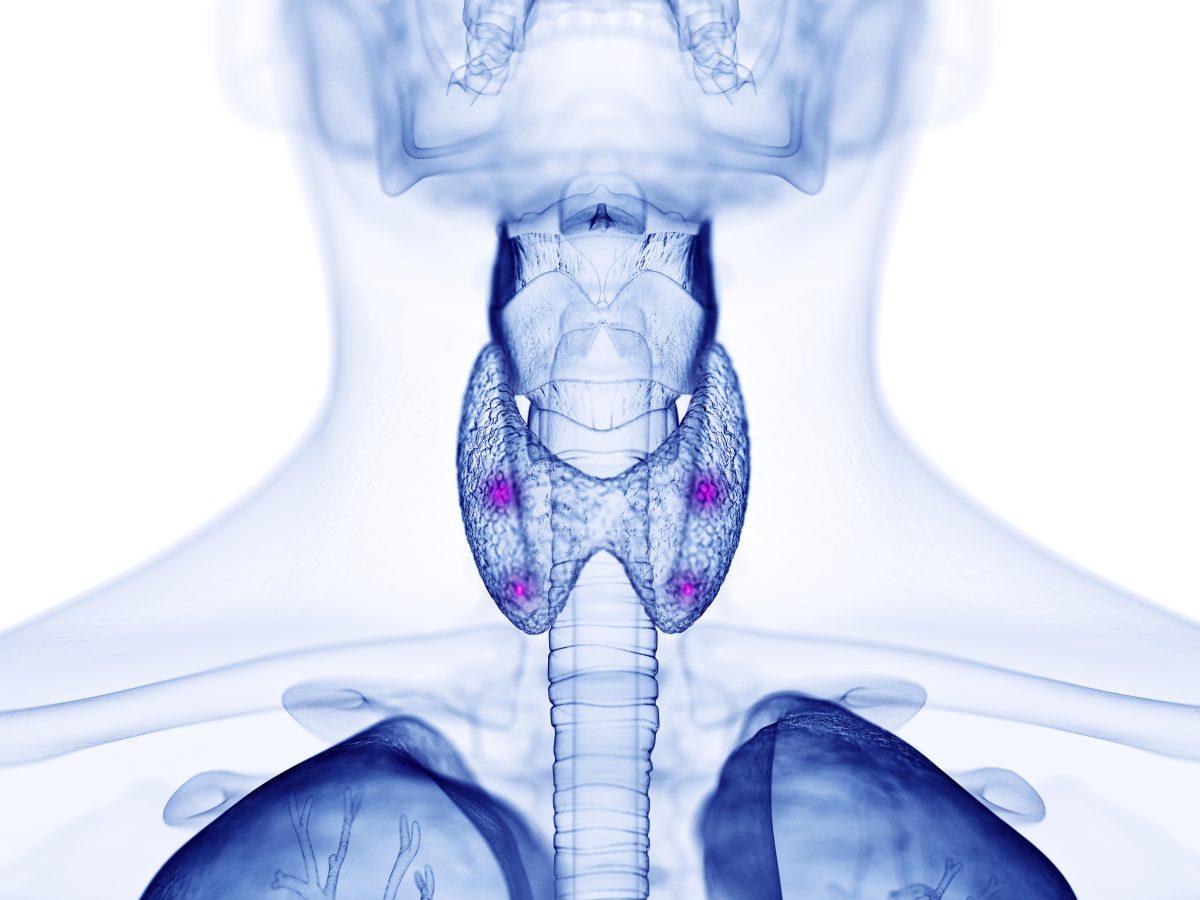“newly diagnosed with Thyroid conditions and the health team to best help manage and treat your condition”
Individuals with hyperthyroidism (overactive thyroid) or hypothyroidism (underactive thyroid) can benefit from the support and expertise of various allied health professionals who work together to manage their thyroid conditions and improve overall well-being. Here are some members of the allied health team who can assist people with hyperthyroidism or hypothyroidism:
Endocrinologist: Endocrinologists are medical doctors specializing in hormonal disorders, including thyroid conditions. They diagnose and manage hyperthyroidism and hypothyroidism, prescribe medications, and monitor hormone levels.
Registered Dietitian: Dietitians can provide dietary counseling to address specific nutritional needs related to thyroid conditions. They can help individuals with hypothyroidism manage weight and focus on nutrient-dense foods, and assist those with hyperthyroidism in managing weight fluctuations and nutrient imbalances.

Psychologist: Thyroid conditions can have emotional and psychological impacts due to hormonal fluctuations and associated symptoms. Psychologists or counselors can offer support and coping strategies to manage stress and emotional well-being.
Physiotherapist (Physical Therapist): Physiotherapists can help individuals with hypothyroidism improve their physical fitness, energy levels, and muscle strength through personalized exercise programs. For those with hyperthyroidism, they can address issues like fatigue and muscle weakness.
Occupational Therapist: Occupational therapists can assist individuals with thyroid conditions in adapting their daily activities to conserve energy and manage any physical limitations associated with their condition.
Pharmacist: Pharmacists can provide information about thyroid medications, including their proper use, potential side effects, and interactions with other drugs.
Speech-Language Pathologist: For individuals with thyroid conditions affecting the throat or vocal cords, speech-language pathologists can address any speech or swallowing difficulties.
Social Worker: Social workers can offer emotional support, connect individuals to community resources, and provide assistance in coping with the challenges of managing a thyroid condition.
Exercise Physiologist: Exercise physiologists can design appropriate exercise programs for individuals with thyroid conditions, taking into account their energy levels, physical capabilities, and overall health.
Complementary and Alternative Therapists: Some individuals may explore complementary therapies, such as acupuncture or meditation, to complement medical treatment. Complementary and alternative therapists can provide guidance in exploring these approaches.
The collaborative efforts of these allied health professionals, alongside endocrinologists and primary care physicians, are essential in providing comprehensive care for individuals with hyperthyroidism or hypothyroidism. By addressing various aspects of the thyroid condition and promoting healthy lifestyle behaviors, allied health support can help manage symptoms, optimize hormone levels, and improve the overall quality of life for those living with thyroid conditions.